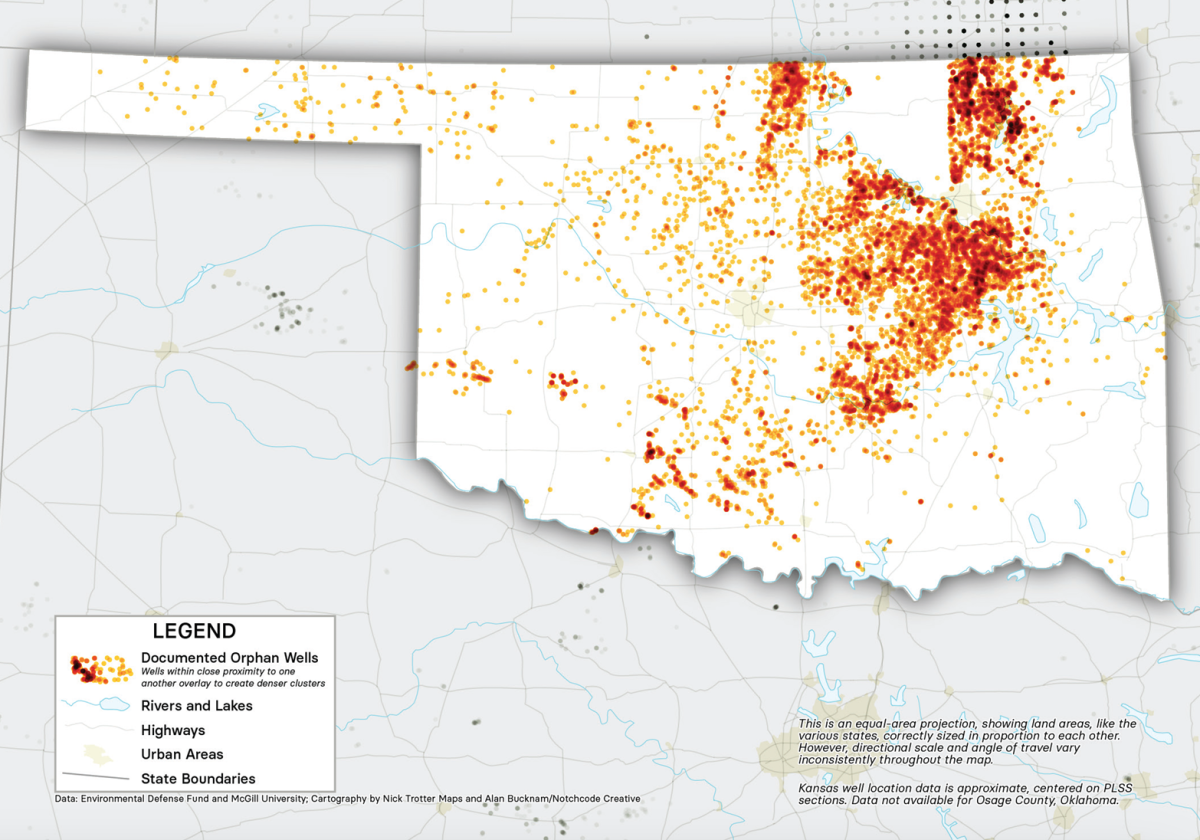WASHINGTON — Legislation enacting a new trade agreement between three North American countries supported by the entire Oklahoma delegation who viewed it as a win for Oklahoma was signed by President Donald Trump.
“USMCA is, I think, an improvement over NAFTA from 25 plus years ago. But as much as anything, from Oklahoma’s perspective, the general lowering of those taxes, those tariffs on products we sell there that will allow us to compete,” said U.S. Rep Frank Lucas (R-Okla.).
The bipartisan bill holds the potential to add 175,000 jobs, provide protections and assurance for workers and organized labor organizations and add as much as an estimated $68.2 billion to the overall U.S. GDP over the next several years, according to the United States International Trade Commission.
“The main thing about USMCA is the general lowering of tariffs, or tax rates,” said Lucas. “We’re the most competitive agriculture, the most efficient agriculture in the world, so if you don’t have these import fees, taxes, tariffs, quotas to bury us, we’re going to do just fine.”
The deal is expected to help expand exports of wheat, pork, poultry, dairy and soybeans. The combined effect of the provisions could increase the overall number of agricultural exports by 1.1%, or $2.2 billion, according to the USITC.
Sen. James Lankford said in an interview after the Senate Appropriations Committee voted to move the bill forward on Jan. 15 that all agriculture sectors will benefit from the deal as it will stabilize markets, with the biggest beneficiary being wheat.
In the past, Canada has marked U.S. wheat exports at a lower grade compared to Canadian wheat. USMCA ensures downgrades will not continue, which could lead to more profit for Oklahoma farmers. And the agreement will help the pork industry, which has been a target of Mexican tariffs.
“We were able to keep gains from NAFTA and make incremental increases on poultry, dairy and large gains in wheat,” said Rodd Moesel, president of the Oklahoma Farm Bureau. “It was a key development for our wheat to be marked for human consumption instead of feed grade.”
Canada and Mexico are the two largest buyers of American agriculture products, combining for nearly 65% of U.S. agriculture exports. And they are major trade partners with Oklahoma, as the state exported to those two countries $2.4 billion in goods and services in 2018.
The cattle industry is benefitting from the new trade agreement by keeping gains made under NAFTA, such as low tariffs and fees, while maintaining and building on a strong relationship with two of the top five countries that import U.S. beef.
“Those protections are what were able to open those markets and give us the great opportunity we’ve had,” said Oklahoma Cattlemen’s Association President Mike Weeks. “Keeping those protections in there was very important and I’m glad this administration was able to do that.”
USMCA does not include mandatory country-of-origin labels, which essentially would require every exporter to label from where and what grade the consumer is purchasing. Producers would bear the cost of labeling, and mandatory labels have not been shown to bring in additional profit.
“We are against any kind of mandatory labeling program,” said Weeks. “We are a supporter of a voluntary program, we think the producer should be able to pick their program. Everyone in the cattle industry is a little bit different.”
The agreement includes updated provisions and enforcement measures that protect e-commerce, intellectual property and environmental protections.
New provisions deter online piracy, extend the minimum protections of industrial designs to 15 years and ensure a 10-year data protection period for agricultural chemicals.
Through increasing labor standards, such as working conditions and wages, allowing for more collective bargaining rights for Mexican workers and including mechanisms to report abuses and lack of followthrough, the provisions have the potential to benefit workers north and south of the Rio Grande.
The National Farmers Union said in a statement that after initial hesitation to endorse UMSCA, the union supported its passage after more labor assurances were included by the U.S. House.
“Though USMCA is not a perfect replacement, it does make some important changes to its predecessor [NAFTA]. We are particularly encouraged by the inclusion of stronger labor standards, more robust enforcement mechanisms and better environmental protections,” the statement read.
USMCA’s added environmental protection provisions include clean water infrastructure on the U.S.-Mexican border, environmental infrastructure improvement and labor law reform. Similar tenants had been applied in the past but were not implemented successfully.
“I personally think what was agreed to was more of a fig leaf so to speak, on labor and environmental standards than anything,” said Lucas. “But, it apparently had to be done for the Speaker to allow it to come to the floor.”
Gaylord News is a reporting project of the University of Oklahoma Gaylord College of Journalism and Mass Communication.













